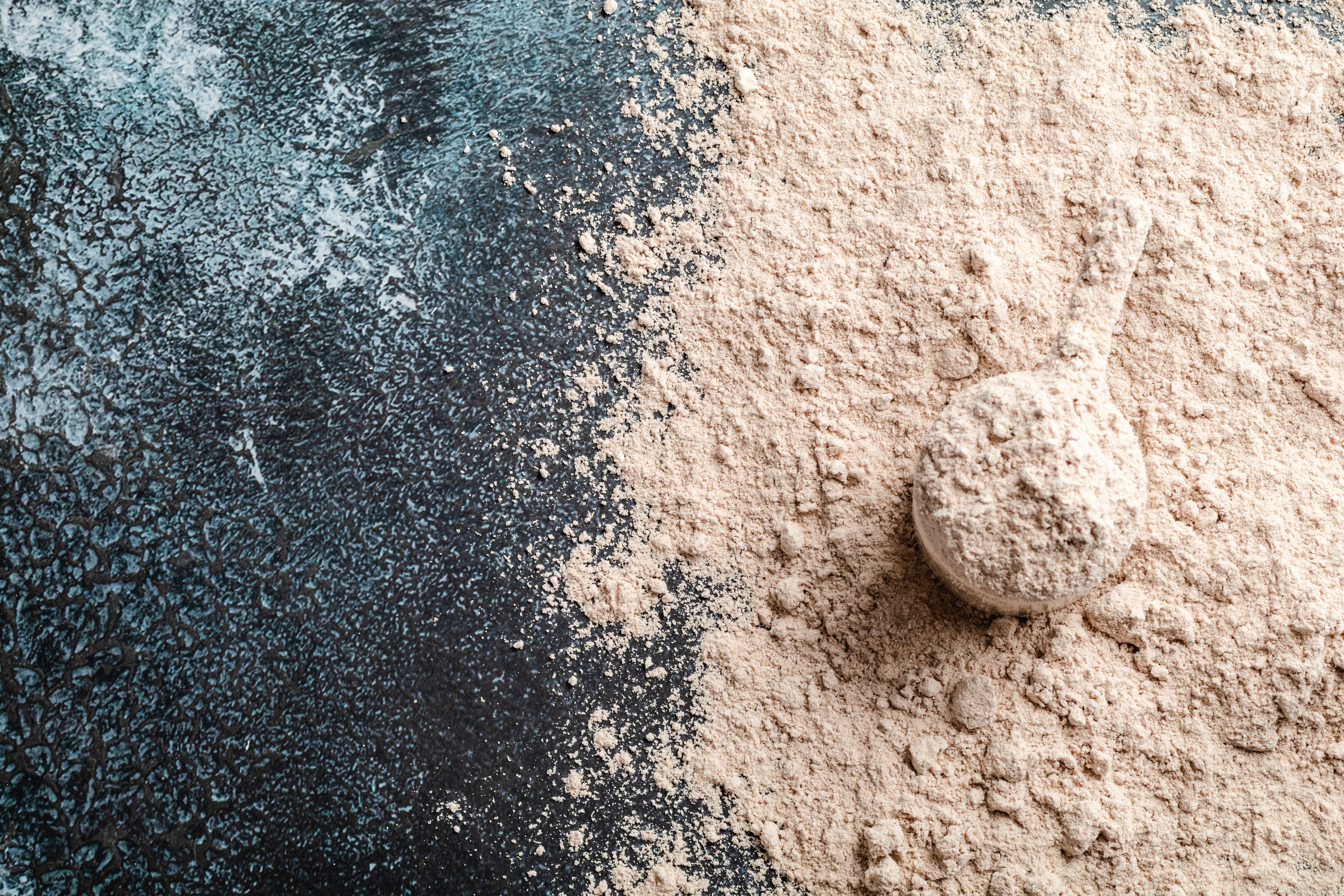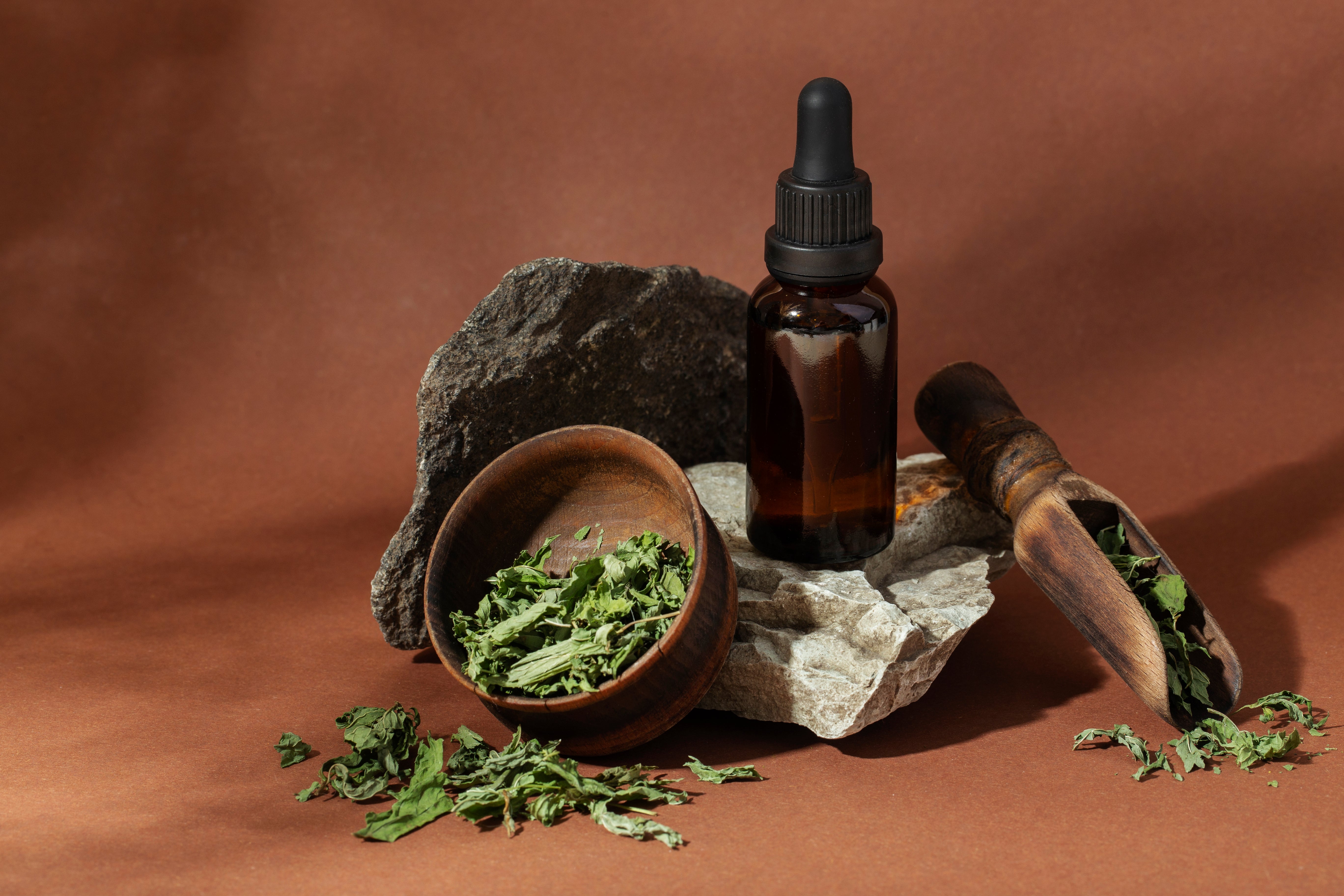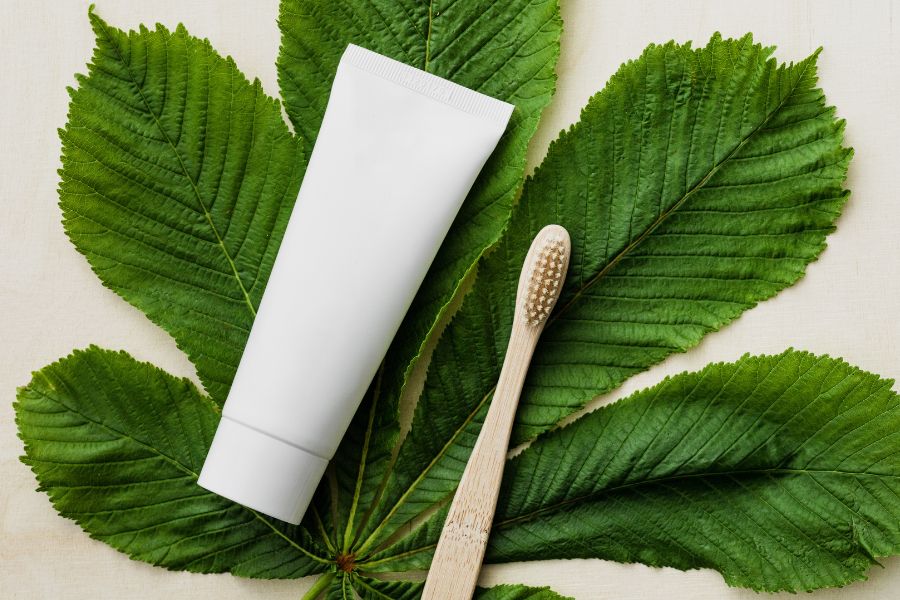The Hidden Dangers of Traditional Toothpaste: Why Switching to All-Natural Alternatives is Essential
When you brush your teeth every morning and night, you likely aren’t thinking about the ingredients in your toothpaste. After all, it’s supposed to be safe, right? Unfortunately, many traditional toothpaste brands include a range of harmful chemicals and synthetic ingredients that can negatively impact your health over time. Making the switch to an all-natural alternative isn’t just about aligning with a healthier lifestyle; it’s about protecting your body from unnecessary toxins.
The Problem with Traditional Toothpaste Ingredients
Traditional toothpaste often contains a cocktail of artificial additives and harmful chemicals that may do more harm than good. Let’s break down some of the most concerning ingredients commonly found in conventional toothpaste:
1. Artificial Flavors-These synthetic compounds are added to make toothpaste taste appealing, but they offer no health benefits. Many artificial flavors are derived from petroleum byproducts and can cause irritation or allergic reactions in some individuals.
2. Artificial Dyes-Brightly colored toothpaste may look fun, but those hues come from artificial dyes like FD&C Blue No. 1 and Red No. 40. These dyes have been linked to hyperactivity in children and potential carcinogenic effects in long-term studies.
3. Artificial Sweeteners-To create a sweet taste without sugar, traditional toothpaste brands often rely on artificial sweeteners like aspartame or saccharin. These chemicals can disrupt gut health and have been associated with potential neurological issues in some studies.
4. GMOs (Genetically Modified Organisms)-Many conventional toothpastes contain GMO-derived ingredients, which can carry the risks of pesticide residues and unknown long-term health effects.
5. Propylene Glycol-Used as a humectant to keep toothpaste moist, propylene glycol is also found in antifreeze and paints. It’s a known skin irritant and can cause organ toxicity if ingested in large amounts over time.
6. Fluoride-While fluoride is often touted for its cavity-fighting benefits, excessive fluoride exposure can lead to fluorosis (a condition that damages teeth) and potential neurotoxicity. Some studies suggest links between high fluoride levels and lowered IQ in children.
7. Sodium Lauryl Sulfate (SLS) and Sodium Laureth Sulfate (SLES)-These surfactants are added to create a foaming effect during brushing. However, they can irritate the oral tissues and have been linked to canker sores in some individuals. SLES, in particular, is often contaminated with 1,4-dioxane, a probable human carcinogen.
8. Triclosan-Once included in many “antibacterial” toothpastes, triclosan has been banned in some countries due to its hormone-disrupting effects and contribution to antibiotic resistance. Despite this, it’s still found in some formulations globally.
The Case for Switching to All-Natural Toothpaste
The cumulative effects of these harmful ingredients can lead to a variety of health issues, ranging from skin irritation and hormone disruption to potential links with chronic diseases. Luckily, all-natural toothpaste alternatives offer a safe and effective solution without the toxic load.
Benefits of All-Natural Toothpaste:
- Safe Ingredients: Natural toothpaste is free of artificial flavors, dyes, sweeteners, GMOs, and harmful chemicals like fluoride, SLS, and triclosan.
- Gentle on Oral Health: Natural ingredients such as baking soda, bentonite clay, hydroxyapatite, and calcium carbonate help clean teeth, freshen breath, and support oral health without causing irritation.
- Environmentally Friendly: Many all-natural toothpastes use biodegradable or recyclable packaging and avoid ingredients that can harm the environment.
- Holistic Health Benefits: Ingredients like bentonite clay and hydroxyapatite not only support oral health but also contribute to overall well-being by reducing inflammation and remineralizing teeth.
How to Choose the Right All-Natural Toothpaste
When transitioning to a natural alternative, look for products that:
- Contain certified organic and non-GMO ingredients.
- Feature mineral-rich ingredients like hydroxyapatite, bentonite clay, calcium carbonate, or baking soda for gentle polishing and remineralization.
- Avoid harmful chemicals such as fluoride, SLS, and artificial additives.
Our Tooth Tonic: A Safe, Natural Alternative
At the forefront of all-natural oral care is our Tooth Tonic, a remineralizing herbal tooth powder designed with your health in mind. Made with all-natural and organic ingredients, our Tooth Tonic is free from the harmful chemicals found in traditional toothpaste. Instead, it features:
- Hydroxyapatite: A natural mineral that helps remineralize and strengthen tooth enamel.
- Calcium Carbonate: Gently polishes teeth while providing essential minerals to support oral health.
- Bentonite Clay: Detoxifies and balances the oral microbiome while helping to remove impurities.
- Baking Soda: Neutralizes acids, brightens teeth, and freshens breath naturally.
With our Tooth Tonic, you can rest assured that you’re giving your teeth and gums the care they deserve without exposing your body to unnecessary toxins.
Conclusion
Your oral health is closely tied to your overall well-being. By switching to an all-natural toothpaste, you can avoid harmful chemicals and promote a healthier lifestyle for yourself and your family. The peace of mind that comes from knowing you’re using safe, eco-friendly products is well worth it.
Take the first step today by exploring natural toothpaste options and saying goodbye to the hidden dangers lurking in traditional formulations. Your body—and the planet—will thank you.
Read more

Learn how these powerful natural substances work to eliminate toxins, enhance nutrient absorption, and support your body’s detox pathways. Discover the realities of detoxing and how incorporating z...

Herbal tinctures, or hydroethanolic extracts, are powerful herbal remedies created by soaking plants in alcohol. They offer a convenient and efficient way to harness the full therapeutic potential ...

Leave a comment
This site is protected by hCaptcha and the hCaptcha Privacy Policy and Terms of Service apply.